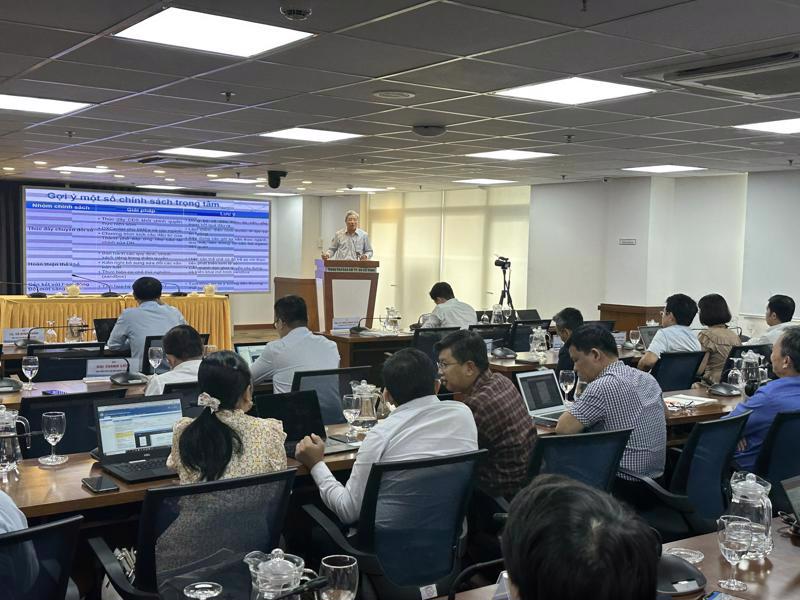Ho Chi Minh City has made great efforts to identify solutions to accelerate its digital economy, which is set to contribute 20 per cent to gross regional domestic product (GRDP) by 2025 and 40 per cent by 2030, Director of the city’s Department of Information and Communications Lam Dinh Thang told a seminar promoting the city’s digital economy on September 7.
These targets are higher than the country’s average of 5-10 per cent.
“Ho Chi Minh City is striving to regain its leading position and is doing its utmost to implement National Assembly Resolution No. 98/2023/QH15, which grants special mechanisms and policies for the city’s development,” he said.
Under a Politburo Resolution on the city’s development by 2030, Ho Chi Minh City is also expected to become a modern service and industrial city and a locomotive in terms of the digital economy and the digital society.
The digital economy made up an estimated 18.66 per cent of the city’s economy last year, up from 15.38 per cent in 2021.
It is now carrying out seven groups of solutions to speed up its digital economy, including solutions to develop digital infrastructure, high-speed internet infrastructure, and telecommunications network; solutions to help digital businesses; solutions to harmonize the digital economy with other programs in the city; and solutions to develop the data system to share data with the private sector to promote the digital economy.
“To reach the target of 40 per cent of the city’s GRDP coming from the digital economy by 2030, it needs to accelerate regional links because it can’t go it alone on this journey,” said Associate Professor Tran Minh Tuan, Director of the Department of Digital Economy and Digital Society at the Ministry of Information and Communications.
According to Associate Professor Tran Hung Son from the University of Economics and Law at the Vietnam National University, Ho Chi Minh City, it is necessary for the city to strengthen human resources training for digital transformation and the digital economy.









 Google translate
Google translate